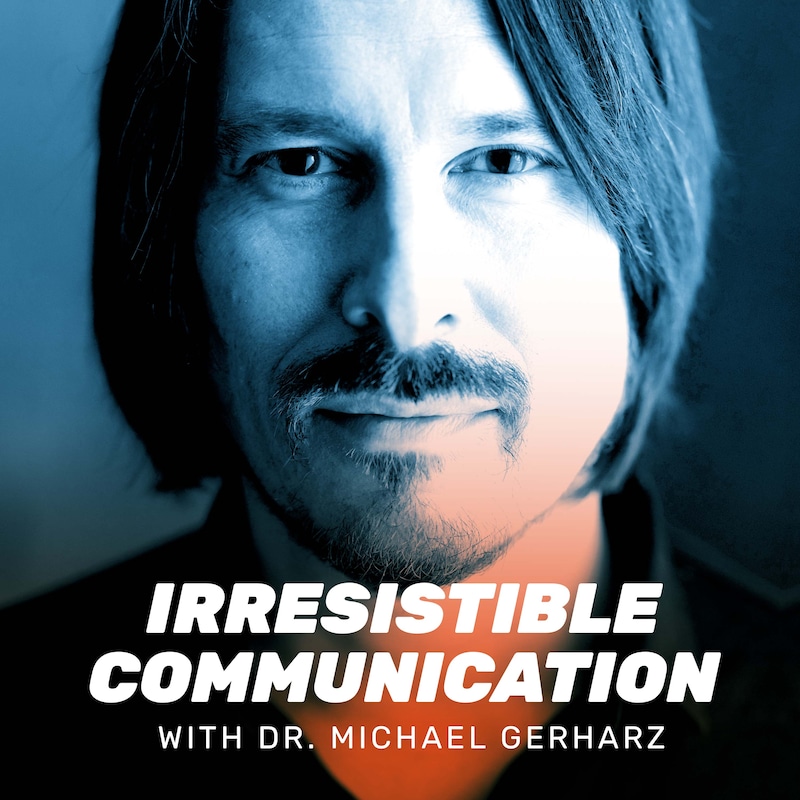Speaker:
00:00:02
How long?”, she asks the doctor, tears filling her eyes.
Speaker:
00:00:08
With that simple line we're immediately right in the middle of a story – which
Speaker:
00:00:13
is very typical for modern movies.
Speaker:
00:00:16
It's one of the aspects in which storytelling in movies has changed
Speaker:
00:00:20
significantly over the past few decades.
Speaker:
00:00:23
The average early nineties movie is hard to bear for many teenagers
Speaker:
00:00:28
because they started so slow.
Speaker:
00:00:32
Part of the reason was that filmmakers back then felt the need to start
Speaker:
00:00:36
as early as possible so we would have the backstory to understand
Speaker:
00:00:41
what was going to happen later.
Speaker:
00:00:44
Today's movies – and also TV shows – are very different.
Speaker:
00:00:49
They will start as late as possible, ideally right in the middle of the
Speaker:
00:00:54
action, at the most captivating event.
Speaker:
00:00:57
And they will give us only exactly the pieces that we absolutely
Speaker:
00:01:02
need to understand the action.
Speaker:
00:01:05
They make us care first before they inform us.
Speaker:
00:01:09
If at some point we would need backstory to understand what's happening, modern
Speaker:
00:01:14
movies will give it to us at that point, a point where we absolutely need that piece
Speaker:
00:01:20
of information to be able to follow along.
Speaker:
00:01:23
This makes for a much more tense story.
Speaker:
00:01:27
Actually today's most brilliant film makers push that principle even further.
Speaker:
00:01:32
They will make sure that we want a piece of information before
Speaker:
00:01:35
they finally give it to us.
Speaker:
00:01:37
They make us curious for the backstory.
Speaker:
00:01:40
In contrast, yesterday's filmmakers considered backstory as pure information.
Speaker:
00:01:46
Often, they would give us the information before we wanted it, just to make
Speaker:
00:01:51
sure that we had it when we needed it.
Speaker:
00:01:54
Now, how about your own comunication.
Speaker:
00:01:56
How do you treat background information?
Speaker:
00:01:59
Are you starting your presentation with it?
Speaker:
00:02:02
If so can you restructure your storytelling in a way that you're
Speaker:
00:02:06
giving the backstory at a point when your audience is dying to learn it?
Speaker:
00:02:12
Can you make them want the backstory?






